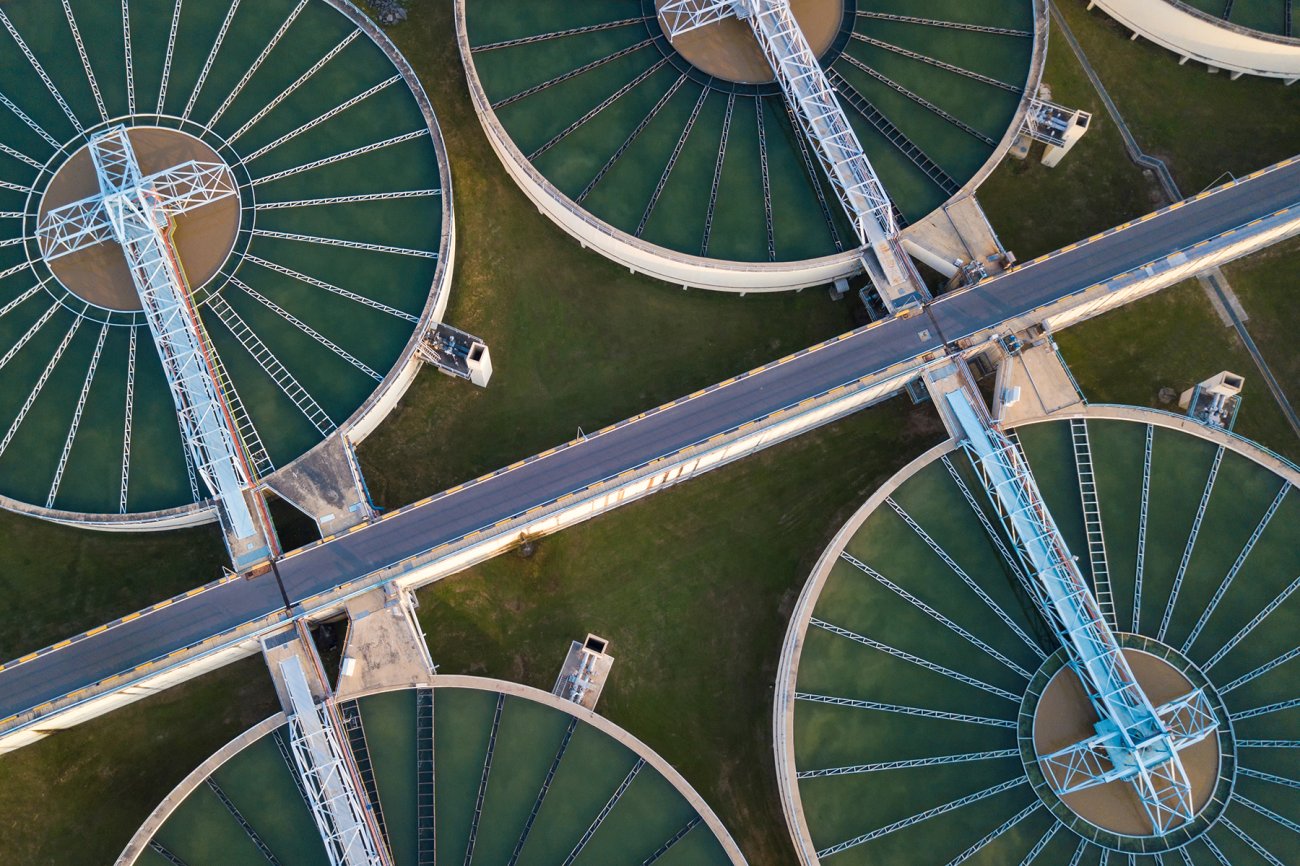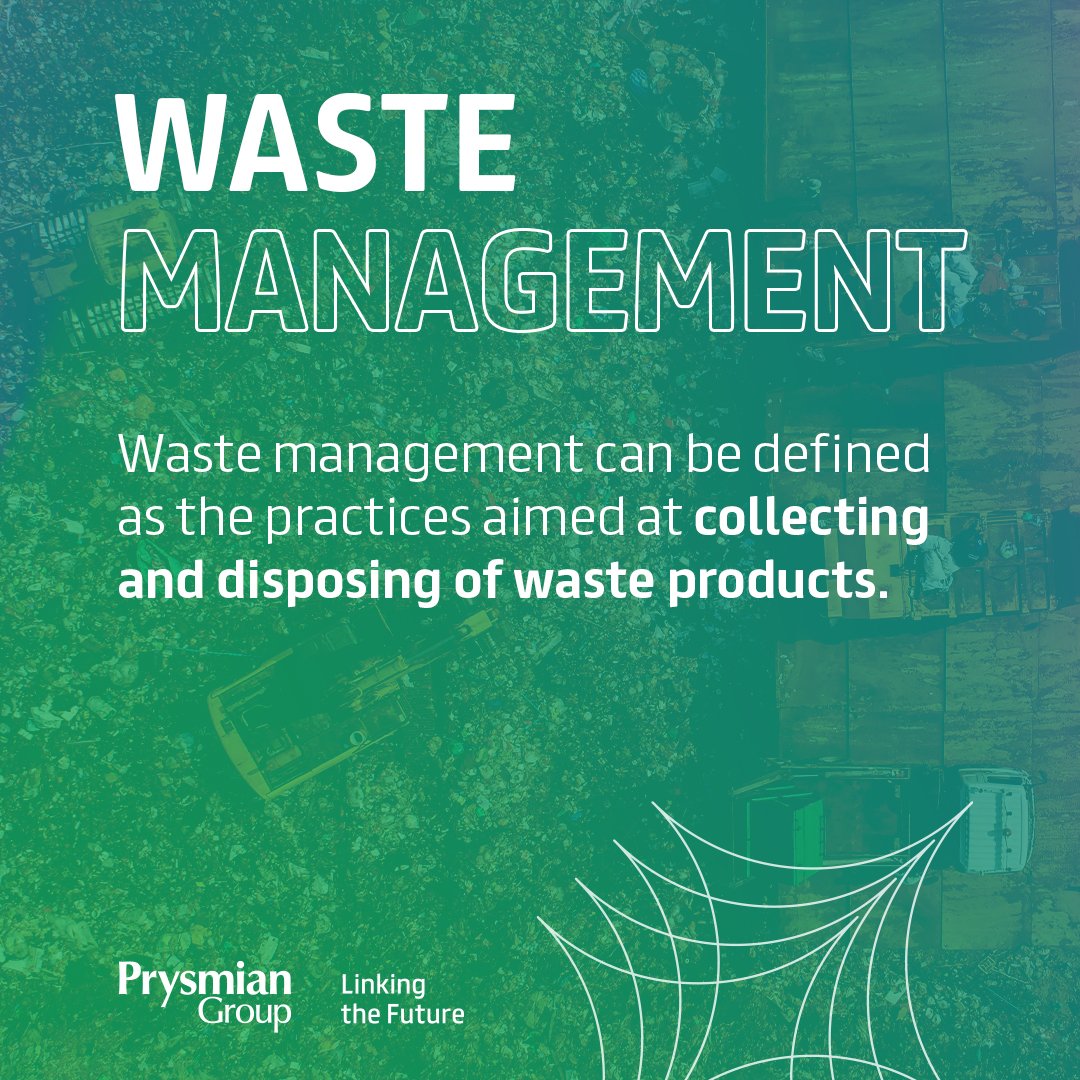Reclaim Waste - An Overview
Reclaim Waste - An Overview
Blog Article
Unknown Facts About Reclaim Waste
Table of ContentsThe Definitive Guide for Reclaim WasteMore About Reclaim WasteFascination About Reclaim WasteReclaim Waste - The FactsA Biased View of Reclaim Waste
Residential sewage waste refers to the waste and items from a household septic container. The proper monitoring and disposal of residential sewage waste need liquid waste to be transferred to a sewer treatment plant where the appropriate techniques and equipment are applied to cleanse and dispose of waste.
Commercial waste often includes possible dangers, such as flammable products or a blend of liquid and strong waste items, and needs an advanced and detailed disposal process. The disposal of industrial waste generally entails the filtering of waste before transportation to make certain secure and correct disposal. Hazardous waste is produced from by-products and overflow of industrial procedures and manufacturing.
This type of waste can not use the same sewage monitoring transportation or processes as septic or business liquids. The industrial waste administration procedure requires the examination and screening of fluid waste before it goes through the disposal process (liquid waste disposal). Overflow waste is the liquid waste that comes from runoff and excess stormwater in extremely populated areas or cities
Runoff waste can trigger contamination and flooding otherwise managed correctly. Discover more regarding sewer cleaning and waste management. Guaranteeing proper waste management can protect against catastrophes and lower environmental damage. Both individuals in domestic settings and specialists in business or manufacturing sectors can gain from recognizing the processes and policies of liquid waste administration.
Some Known Details About Reclaim Waste
Call PROS Services today to find out regarding our waste monitoring and disposal services and the proper means to care for the fluid waste you create.
(https://yoomark.com/content/httpsreclaimwastecomauservices)This supposed 'wastewater' is not only a vital resource however, after therapy, will certainly be released to our land, rivers or the ocean. Made use of water from commodes, showers, baths, kitchen sinks, laundries and industrial procedures is understood as wastewater.

water utilized to cool equipment or clean plant and tools). Stormwater, a kind of wastewater, is runoff that flows from farming and metropolitan locations such as roofs, parks, yards, roadways, courses and rain gutters right into stormwater drains pipes, after rainfall. Stormwater flows untreated straight to local creeks or rivers, at some point getting to the ocean.
The Greatest Guide To Reclaim Waste
In Queensland, many wastewater is treated at sewer treatment plants. Wastewater is carried from residential or commercial websites with a system of sewage systems and pump terminals, called sewerage reticulation, to a sewage therapy plant. Local federal governments build, keep and run most sewage treatment plants. Operators are accredited under the Environmental Management Act 1994 to discharge cured wastewater at an appropriate environmental standard right into rivers.
The Division of Natural Resources recommends city governments concerning managing, operating and preserving sewage systems and therapy plants. In unsewered areas, regional federal governments might call for homeowners to install specific or household sewer treatment systems to treat domestic wastewater from bathrooms, kitchen areas, restrooms and laundries. The Division of Natural Resources authorizes using family systems when they are verified to be reliable.
The majority of stormwater gets no treatment. In some new neighborhoods, treatment of some stormwater to get rid of litter, sand and gravel has actually begun using gross toxin traps. Wastewater therapy happens in four phases: Eliminates strong issue. Bigger solids, such as plastics and other items mistakenly discharged to drains, are removed when wastewater is gone through displays.
Makes use of tiny living microorganisms knows as micro-organisms to break down and eliminate remaining liquified wastes and great bits. Micro-organisms and wastes are incorporated in the sludge.
7 Easy Facts About Reclaim Waste Explained
Nutrient elimination is not available at all sewer therapy plants since it requires costly specialist devices. Clear fluid effluent created after treatment may still include disease-causing micro-organisms - liquid waste removal melbourne.

This typically means wastewater has actually to be treated or pollutants gotten rid of prior to it can be discharged to rivers. Most wastewater moves into the sewage system. Under the Act, city governments provide authorizations and permits for ecologically appropriate activities (Ages) involving wastewater releases that could have a regional influence. The division administers authorizations and permits to ERAs entailing wastewater releases that may have a local or statewide influence.
Some Ideas on Reclaim Waste You Need To Know
Otherwise, examples are considered laboratory analysis. Commonly many tests are needed to establish the degrees of each of the various toxins such as oils, heavy metals and pesticides in water. Monitoring gives valid details about water quality and can verify that licence conditions are being fulfilled. The information gotten via monitoring offers the basis for making water high quality decisions.
Report this page